Chris Lawrence: How Film Photography is Making Me A Better Photographer
Shooting with film is still a process that I am learning as I grow stronger as a photographer; it’s a process that is different from shooting with my tiny but ever-so-powerful Canon T3i.
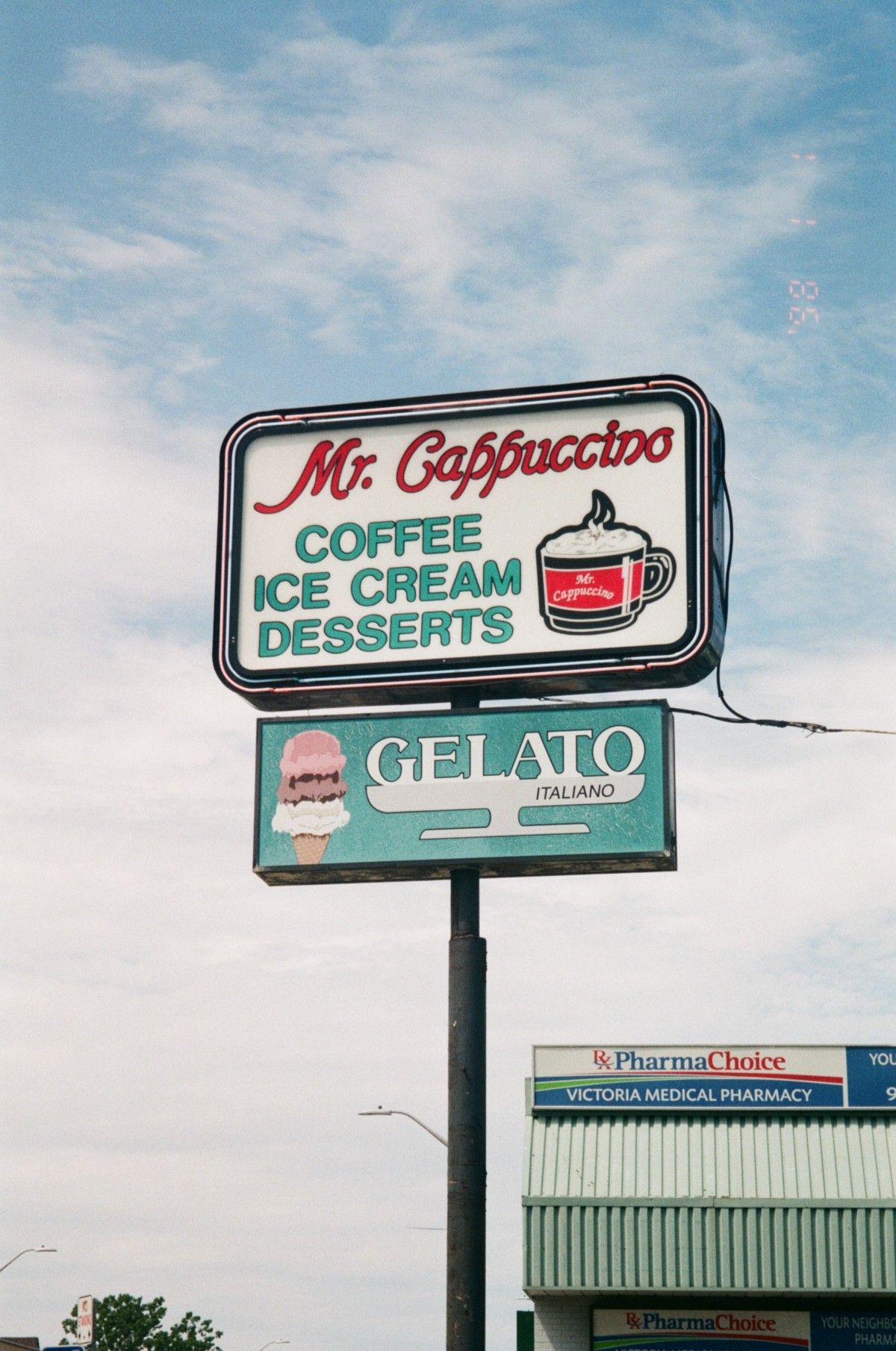
Shooting with film is still a process that I am learning as I grow stronger as a photographer; it’s a process that is different from shooting with my tiny but ever-so-powerful Canon T3i. What film photography is teaching me is to trust myself in a completely different way than digital photography ever allowed me to — I barely even scratched the surface of trust with my digital work.
Trusting my eye:
Truth is, I’ve got the eye that it takes to catch something that others may see as ordinary and turn it into something beautiful. I’ve done it before, and I do it time after time. Building a strong relationship of trust with your eye and how it contributes to your creative process is something that I didn’t understand when it came to my digital work because I could always review my work and make the adjustments that were needed. Working with 35mm film doesn’t grant that ability though, I’m forced to wait until I develop the roll to see the final result. That patience is sometimes killer, because sometimes I develop the next day and sometimes I wait months and can’t even remember what’s on each roll. Film brought out my trust in my eye and creative mind.
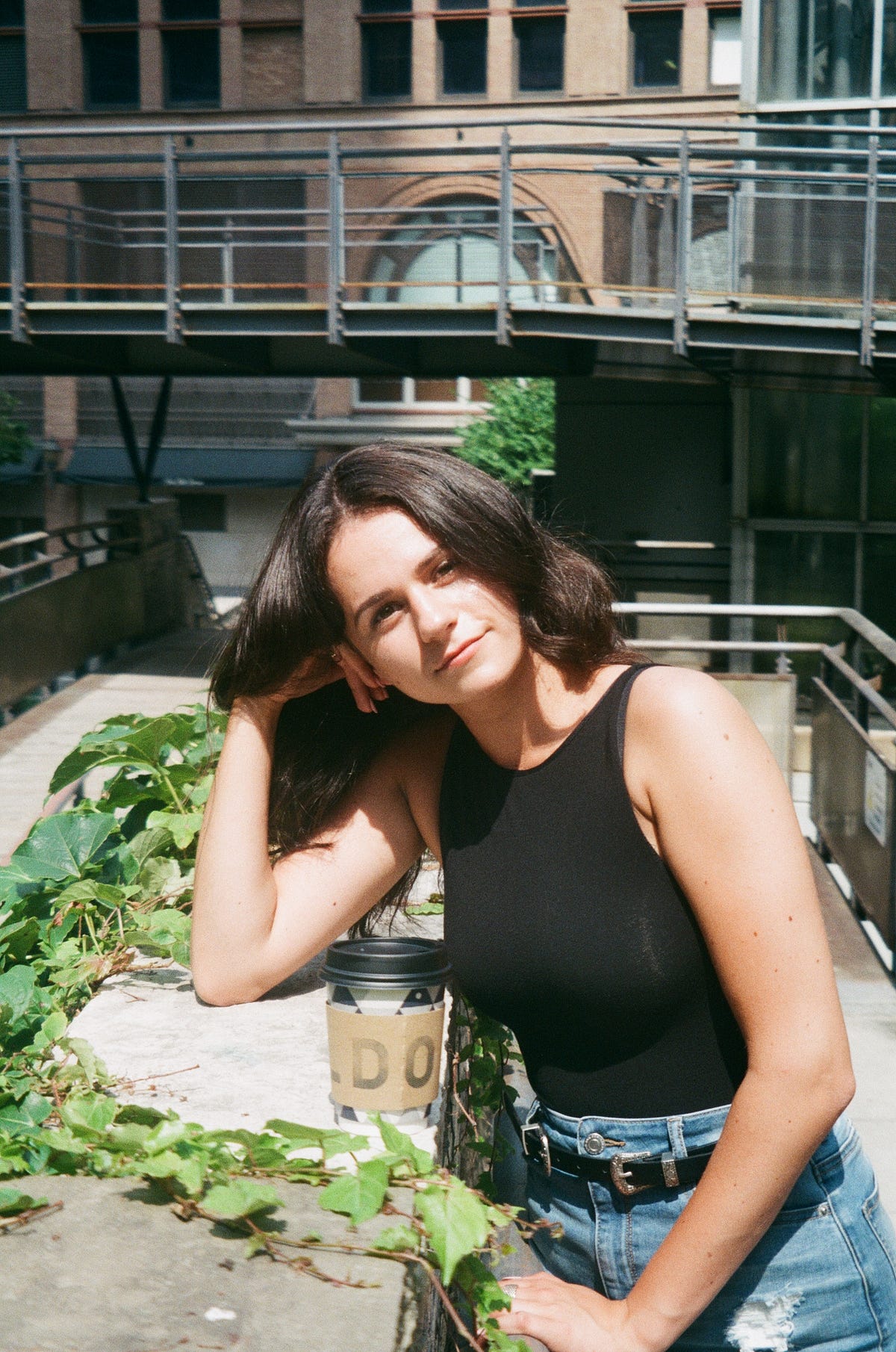
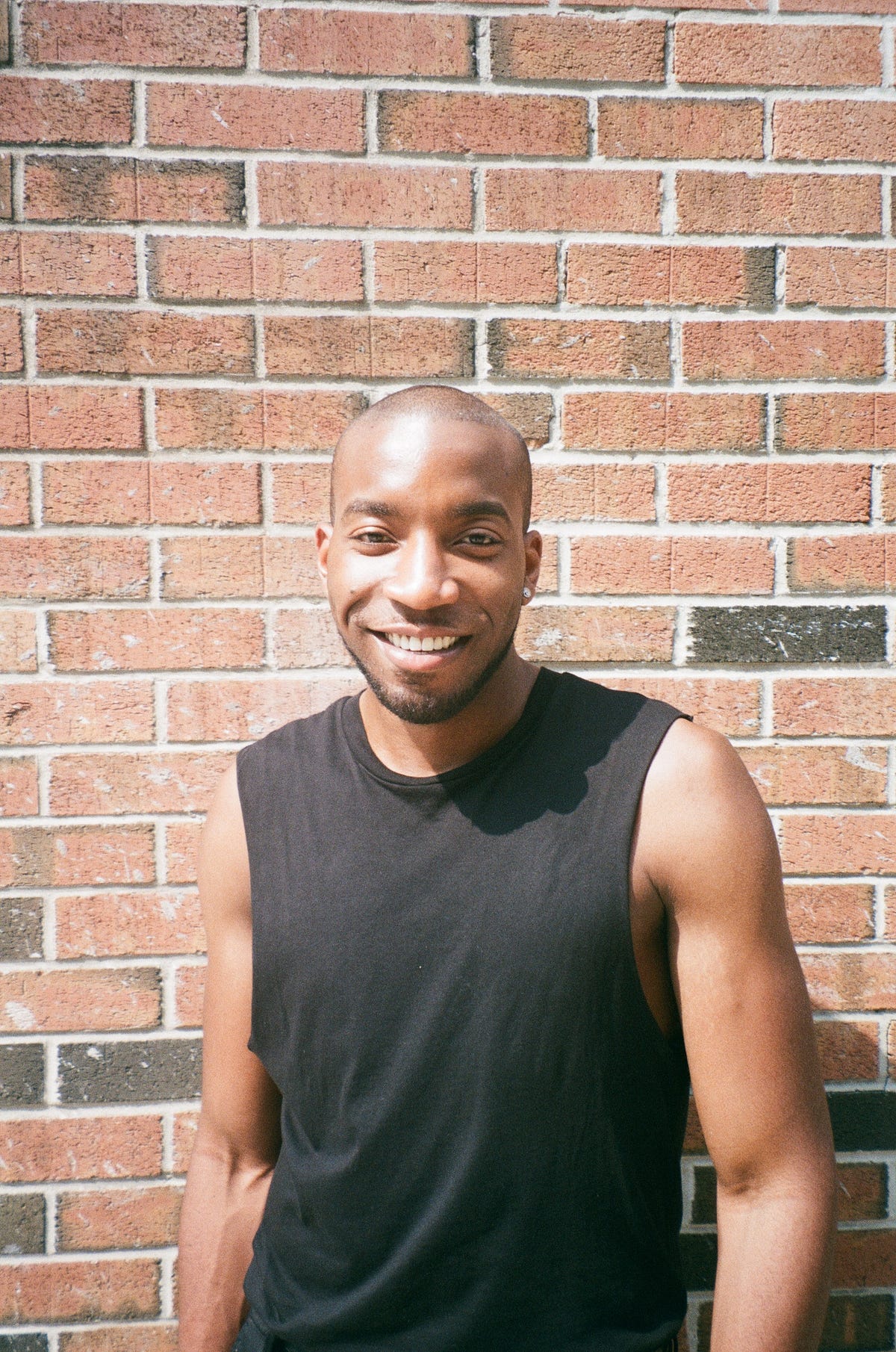
Trusting my skills:
Skills are gained over experience, time and countless practice and through revising the process that you take. I remember being terrified to work with film because it was a new process where I felt like I was giving up my creative control because I no longer would really have to put things into Adobe Lightroom and Photoshop to take a photo from Point A to Point B, which is untrue because I could edit my .TIFF files but I truly believe that the film itself captures the image the way it should be and nothing more is needed. once I realized that my skills were enough, that uneasiness of trying something that would shake up my work and really put a challenge into my process and the skills that I’ve worked so hard to cultivate.
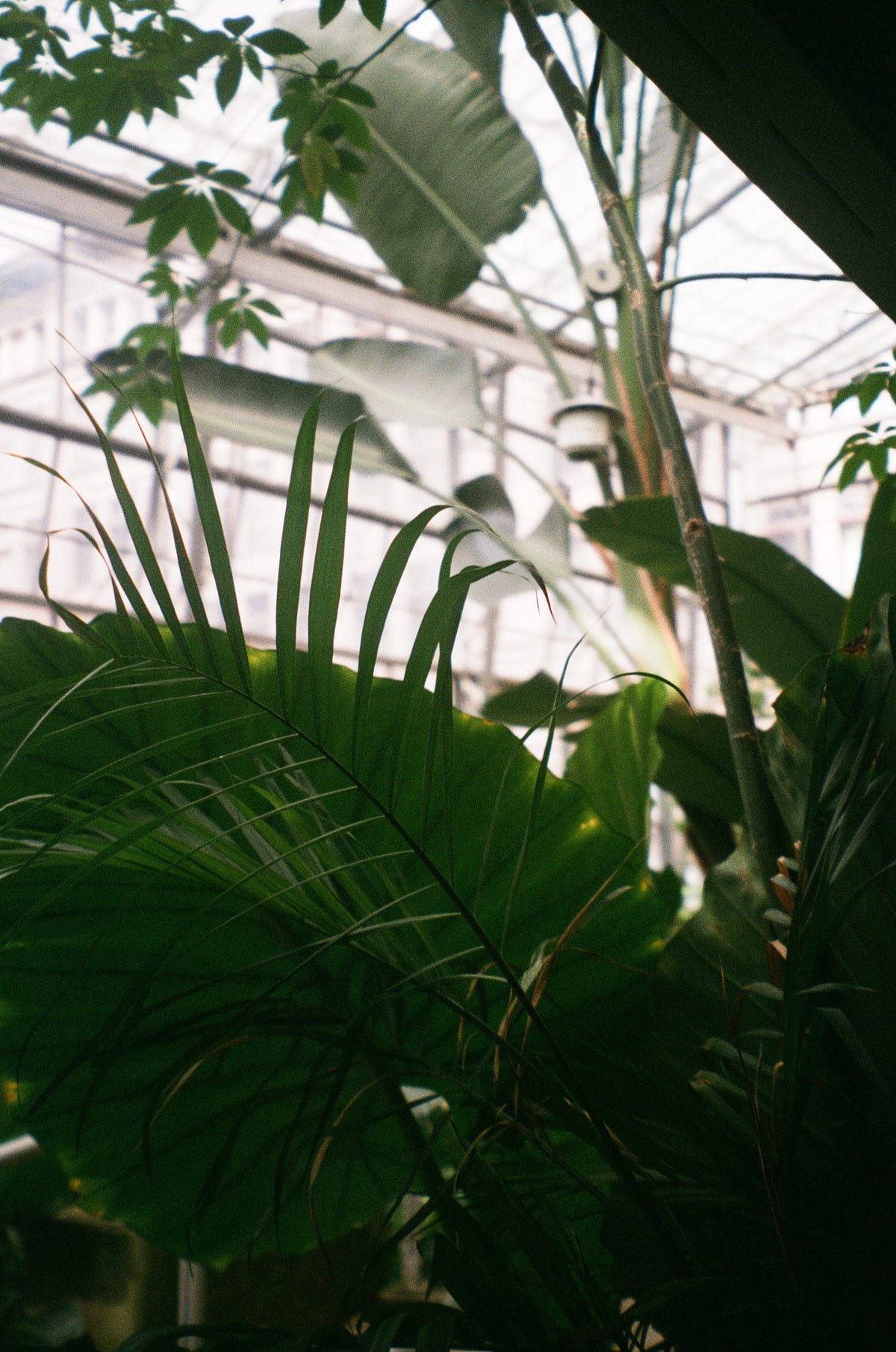
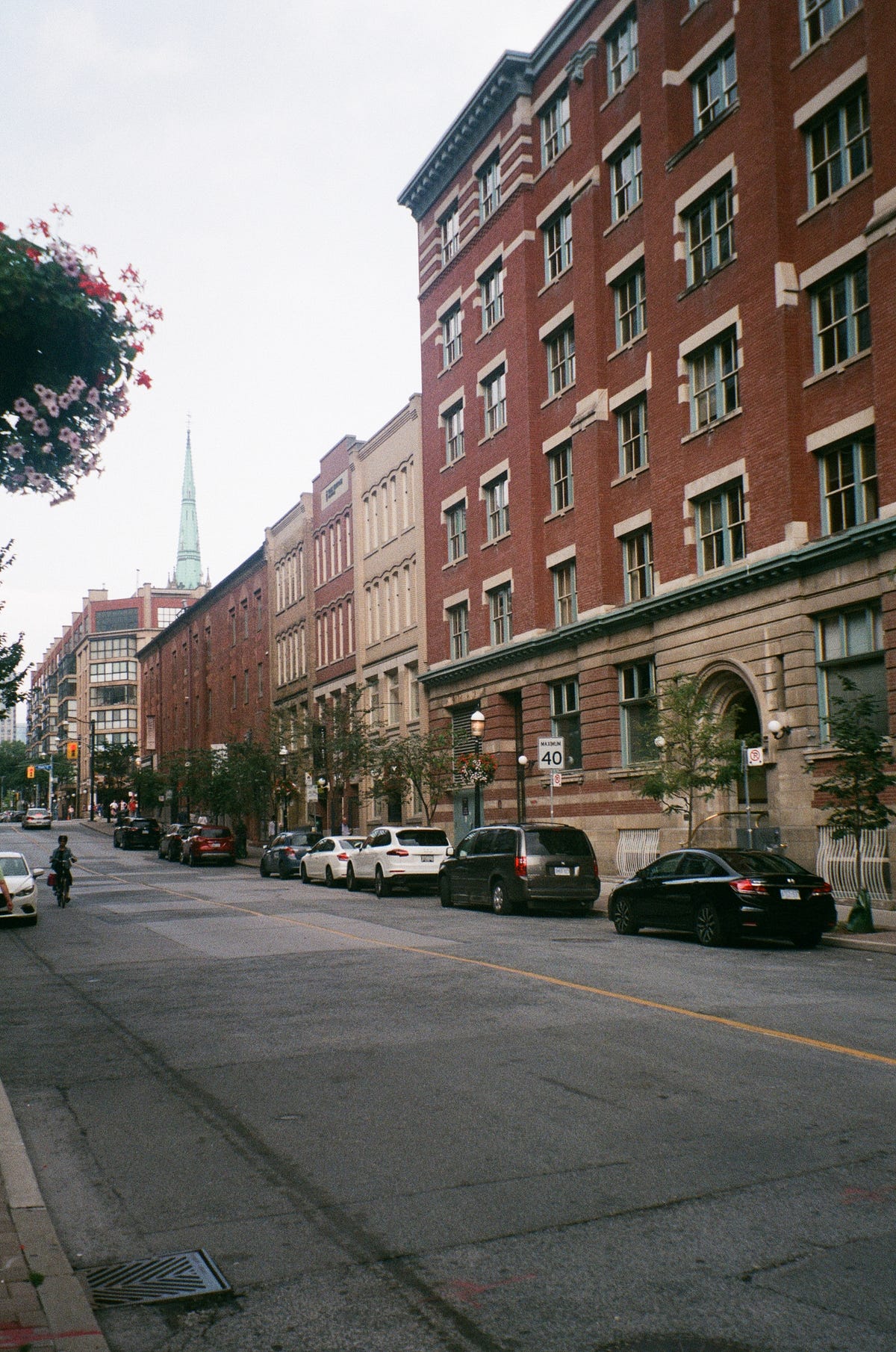
Trusting my eagerness to make mistakes:
Mistakes? Excitement to make mistakes? Huh?! Exactly, it sounds absolutely unreal but I can truly say that there is a level of happiness when I completely destroy a roll of film, every last frame on a 24 roll. I’ve done it before and I know that it’s bound to happen again but in those mistakes — I’m forced to revise my work. What settings were used? What was the problem? How can I learn from this again to prevent it from happening again? I’m eager to make mistakes because it makes me a better photographer because I get to learn in the moment and create a plan that ensures the next round will have better results, and hopefully be easier on the wallet. But an understanding that not every shot will come out as planned is not only okay, but it’s wise.
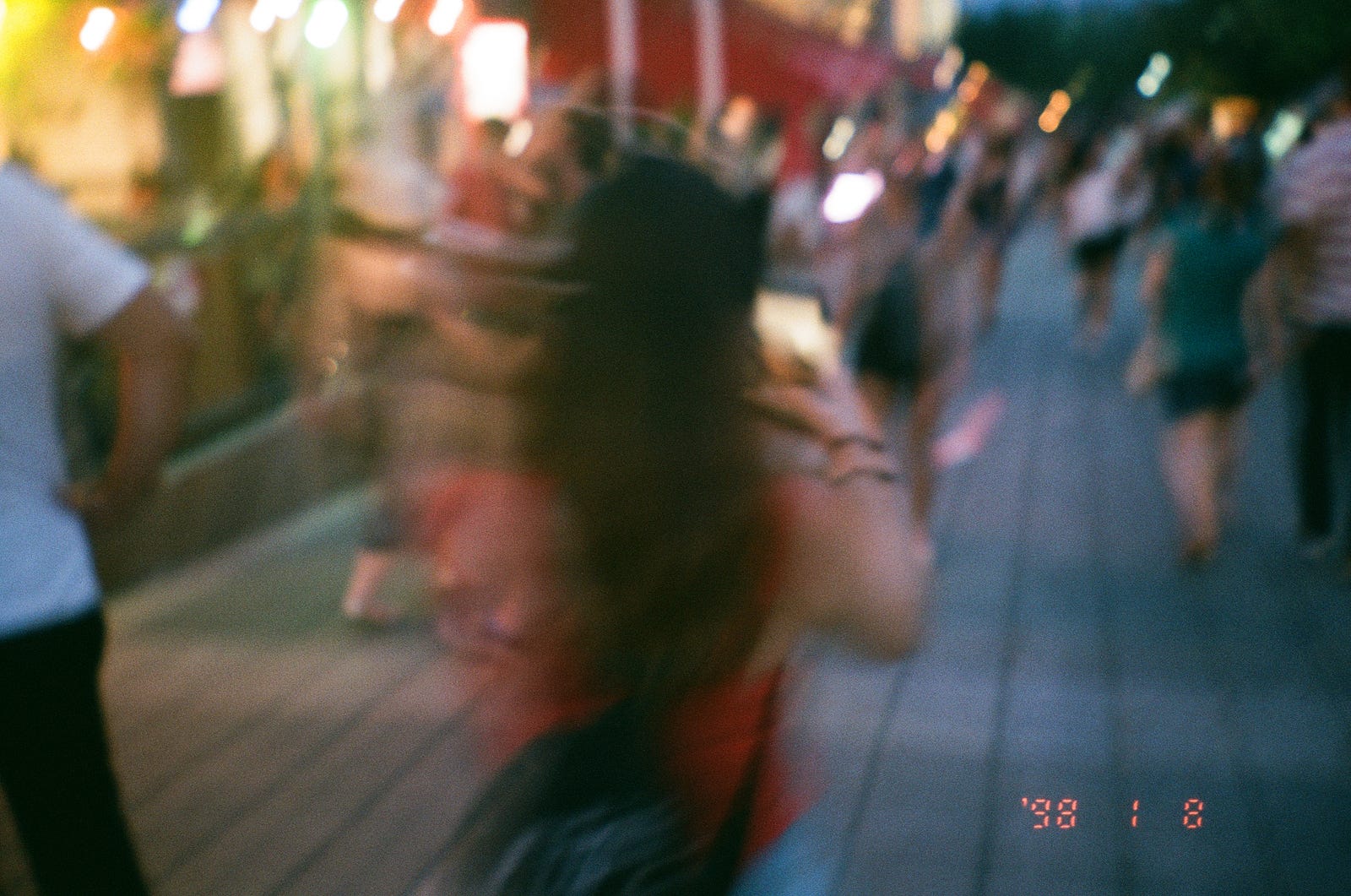
Trusting the limited chances that I have:
Film seems fun and there’s endless times that I fill half my roll with frames of the same thing because of the excitement; however, when I get to a place where I really can make something beautiful — I have no frames left. The first few times that I used film, this seemed like such a disadvantage and I hated it, but I’ve learned to make the most out of those moments. I only have 24, occasionally 25, changes with the film types that I used mostly (Kodak Porta, Agfa Vista, etc). 24 chances is all that I have, and I’ve realized that I have to do the most with them. 24 shots can document an entire day — taking one photo per hour. Or it could represent 24 seconds. The chances that I have are limited but the story that I can create with a roll of film doesn’t become less powerful simply due to it’s finite capacity. If anything, the stories that I can create may become even stronger.
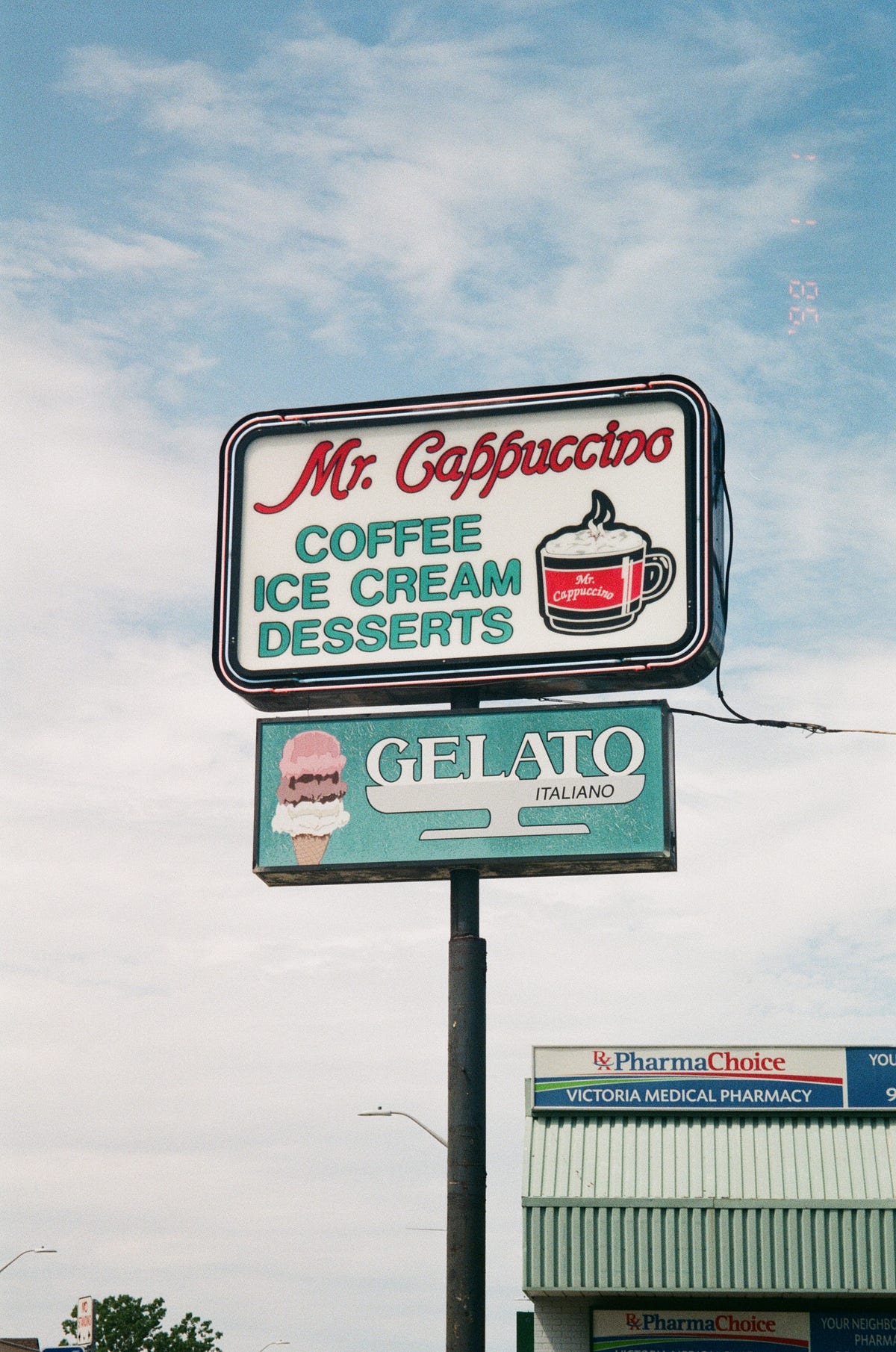
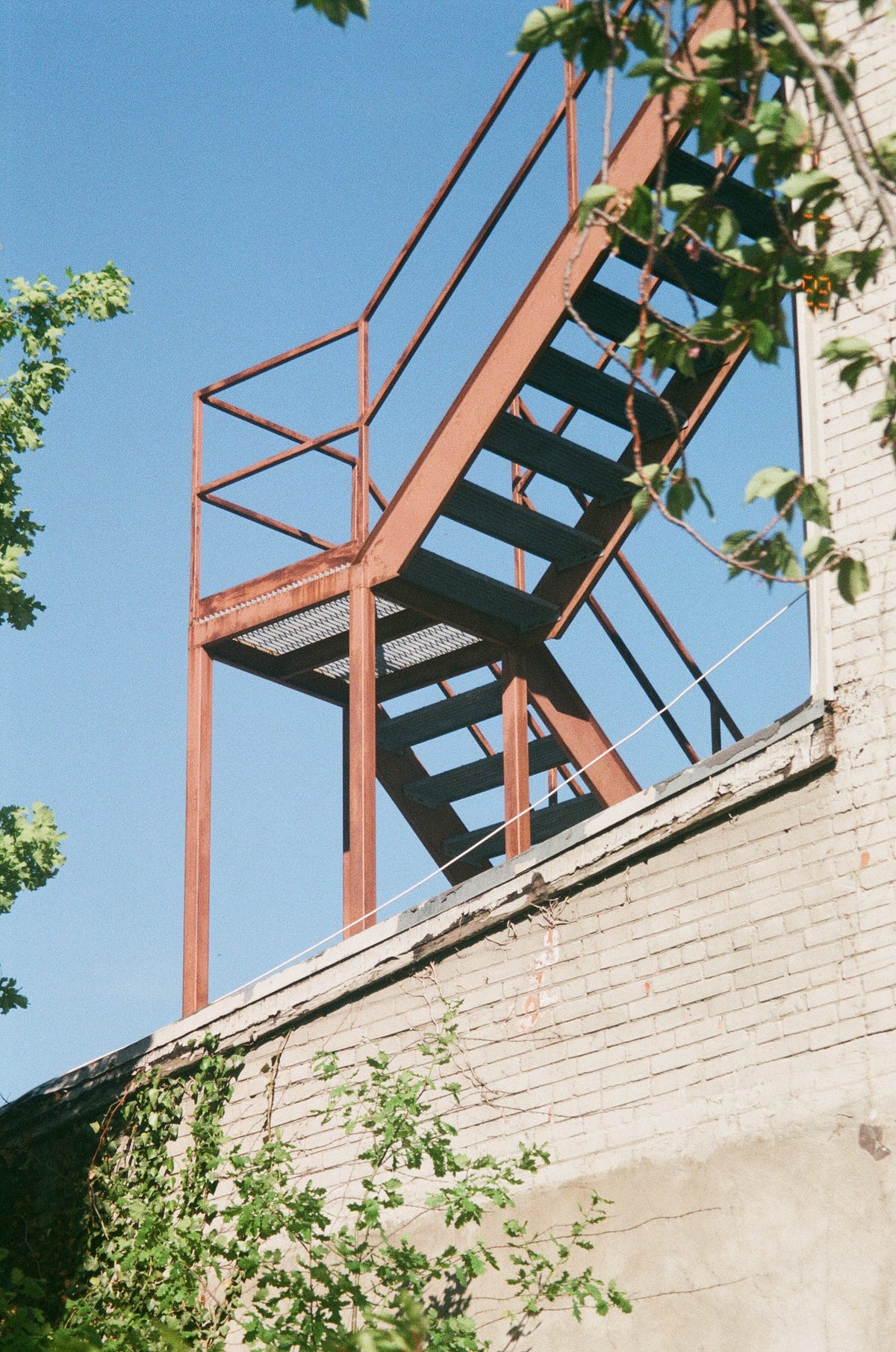
Film continues to be the most humbling experience as a photographer that gets better as they get more experience and practice. It’s fun, but it’s a skill that requires dedication and a large amount of trust in yourself in so many ways. If you think you trust yourself, shoot film and test that trust — no trust falls needed.
